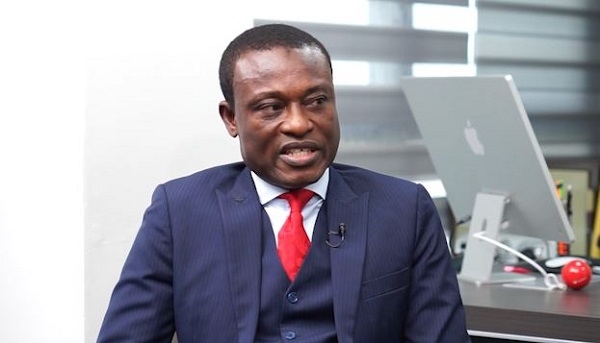Marin Voice: Care facilities need Medi-Cal's supportive funding
This March, right here in Marin County, a woman named Beth Hunstock was placed on a path that could have cost her life – until those who knew her best stepped in. Sometimes, what saves a life isn’t medical technology, but the deep knowing born of long-term care. That care is now under threat.
Hunstock’s story reminded me of my grandparents’ World War II accounts of saving scrap metal, rationing food and giving up comforts for the war effort. It wasn’t sacrifice, but something sacred: It was about people pulling together for the common good. Today, that spirit feels like a ghost of the past.
As a country, we’re more divided — and more exhausted — than ever. We drifted from a shared sense of responsibility into wearying cycles of blame and outrage. Public life has become a self-defeating war of absolutes, where debate ends in triumph or scorn.
Beneath the turmoil, don’t we ache for something more whole?
There are many disagreements about policy, but most of us still believe in fairness – in giving people a chance. With deep federal Medicaid cuts looming, California faces a choice: to live our values or abandon the people who need us most. At stake are the lives of people with intellectual and developmental disabilities. Many rely on daily assistance to survive; some are unable to speak for themselves.
Sometimes, this care doesn’t just support life — it saves it. Recently, Hunstock was hospitalized, disoriented and in distress. Doctors concluded she was nearing the end of her life. Following protocol, they recommended hospice care in a skilled-nursing facility, withdrawing food and water, and administering morphine for comfort.
It was a path with no return.
But those who know Hunstock know her in a way the system couldn’t: her giggle; her love of Fleetwood Mac. She still had joy, connection and presence. So, with hospice support, she was brought home to ABLE (A Broader Living Experience), the licensed nonprofit intermediate care facility in San Rafael. It serves adults with developmental disabilities through long-term, relationship-based care.
Today, she is stable. She’s eating. She’s improving.
What made the difference? Trust, familiarity, continuity and caregivers who understand subtle cues and respond with personal care. It isn’t glamorous. It’s steady, patient and relational — and it works.
Facilities like ours depend on Medi-Cal — California’s version of Medicaid — funded by both the state and federal government. Rates haven’t kept up with rising costs or the needs of an aging population.
In April, Congress passed a budget blueprint paving the way for nearly $700 billion in Medicaid cuts over the next decade.
They call it waste. For Hunstock, it was life.
Unless Gov. Gavin Newsom and the state Legislature protect funding in this year’s budget — expected to be finalized this month — homes like ABLE will face impossible shortfalls. If California fails to act, the impact could ripple across the Bay Area and beyond, closing homes, displacing residents and dismantling decades of hard-won systems of trust.
This isn’t about excess. It’s about survival for places that provide the kind of care people across the political spectrum agree should never be abandoned.
If funding is cut, where will people like Hunstock go?
This isn’t a partisan issue. It’s a moral one. It’s not politically “blue” or “red.” It’s about what kind of people we are.
California has the means to lead. Do we have the will?
My grandparents believed in doing hard things for the sake of others. Their belief gave the “Greatest Generation” moral clarity. That clarity is still within reach if we have the courage to reclaim it.
Supporting people with developmental disabilities won’t earn applause. It won’t trend. But it’s the kind of quiet, noble work that defines who we are.
One call to Newsom or your legislator could give voice to those who remain unheard. Just say: “Protect Medi-Cal funding for people with disabilities.”
Let’s leave the next generation a California — and perhaps a country — defined not by division or despair, but by the quiet courage to stand for one another.
Sam Yates is the director of A Broader Living Experience, a licensed nonprofit intermediate care facility in San Rafael.












